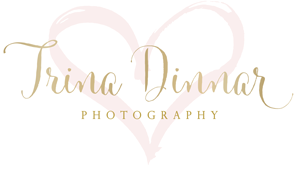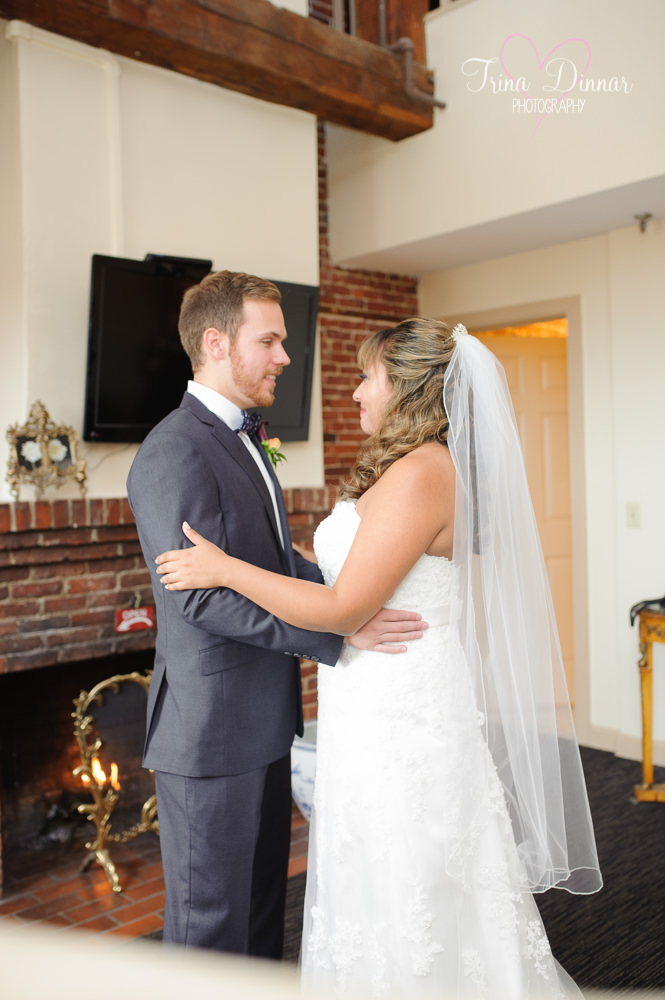Note: I originally wrote about this topic in my blog post about Wedding Trends in September of 2015.
I remember the first time I saw a "wedding hashtag" used during a 2015 wedding I photographed. I found myself wondering how trends of this nature would stand the test of time. After all, social media isn't what it was five years ago, and it likely won't be the same five years from now. Just like social media trends, wedding trends are ever-evolving. What's "in" this year might be considered outdated in a couple of years. So, which trends will stand the test of time? With my experience photographing more than a dozen weddings each year, I'm going to share the current wedding trends that may not always be "in" but will nevertheless remain timeless.
1. First Look
Nowadays, couples are seeing each other before the ceremony with a new tradition called a "first look." Typically, the bride and groom will get ready separately but will meet before the ceremony to share a private moment together. Many times this intimate moment is photographed. A great benefit of having a first look is that many of the formal wedding portraits can be taken before the ceremony. This allows the couple and their wedding party to spend more time enjoying the reception.
I don't see this trend becoming outdated any time soon. In fact, I see it becoming increasingly popular. I've never once heard of a couple who regretted having a first look and every couple that I have worked with was really glad they had that extra time to relax on the big day.
2. Signature Drink
Everyone seems to gather around the bar at weddings, so it's no wonder that modern couples are giving their guests a memorable experience by creating a signature drink to be served at their receptions. A signature drink is usually a unique alcoholic beverage because it takes a known drink and puts a twist on it. The twist can be in the ingredients, garnish, or both. The drink is typically given a name that has personal meaning to the couple. At one of the weddings I photographed, the couple combined their last names to create the name of their signature drink. The possibilities to get creative are endless and guests seem to really enjoy the personalized touch.
3. Love Letters
One of the lesser-known wedding trends I've seen is when the bride and groom each write a letter or love note to one another. The letters are usually sealed in an envelope, only to be opened just prior to the ceremony. I think it's a great time to sit and take a quiet moment to read the other person's thoughts. Often times, the moment just before the ceremony is the most nerve-racking time of the day and simply getting those last-minute words of affection can be the perfect thing to ease those nerves. It can even be fun to photograph these moments so that the bride and groom can look back on them together.
4. Photo Displays
Brides and grooms are personalizing their weddings now more than ever. I've seen framed photos hanging off ceremony chairs. I've also seen many wedding receptions where couples create photo collages, or display framed photos of themselves throughout their relationship. Tables dedicated to showing off these photo displays are becoming increasingly popular and I don't see this trend getting old anytime soon. It adds a personalized touch that wedding guests seem to really enjoy.
5. The Shoe Game
I'm seeing less garter and bouquet tosses and more fun, interactive games at wedding receptions. Particularly popular over the last few years is the Shoe Game — a game in which the bride and groom sit back to back, holding one shoe of their own and one shoe of their spouse's. An announcer will make a statement or question such as "who is the worst driver?" Then, the bride and groom each hold up the shoe of the person they think fits the statement given. It's a great game that gets everyone laughing! The shoe game is particularly popular during outdoor weddings, or weddings with rustic themes.
6. The Anniversary Dance
The anniversary dance is a special dance honoring married couples at wedding receptions. All married couples are called to the dance floor. The DJ announces that all couples who have been married less than a certain number of years must leave the dance floor. Years are continued to be called throughout the song until the couple who has been married the longest is the last couple dancing. Sometimes, the couple who has been married the longest is asked to give the newlyweds marriage advice.
No matter how many weddings I photograph, the anniversary dance is always one of my favorite modern traditions. It's amazing to see all of the couples who have been married twenty, forty or even sixty years!
___________________________________________
Times may be changing, but couples can make informed decisions about aspects of their weddings and how they will be seen five, ten or even fifty years from now. Regardless of how trendy or timeless the details of a wedding may be, a memorable, fun experience that everyone can enjoy is something that will always stand the test of time.











